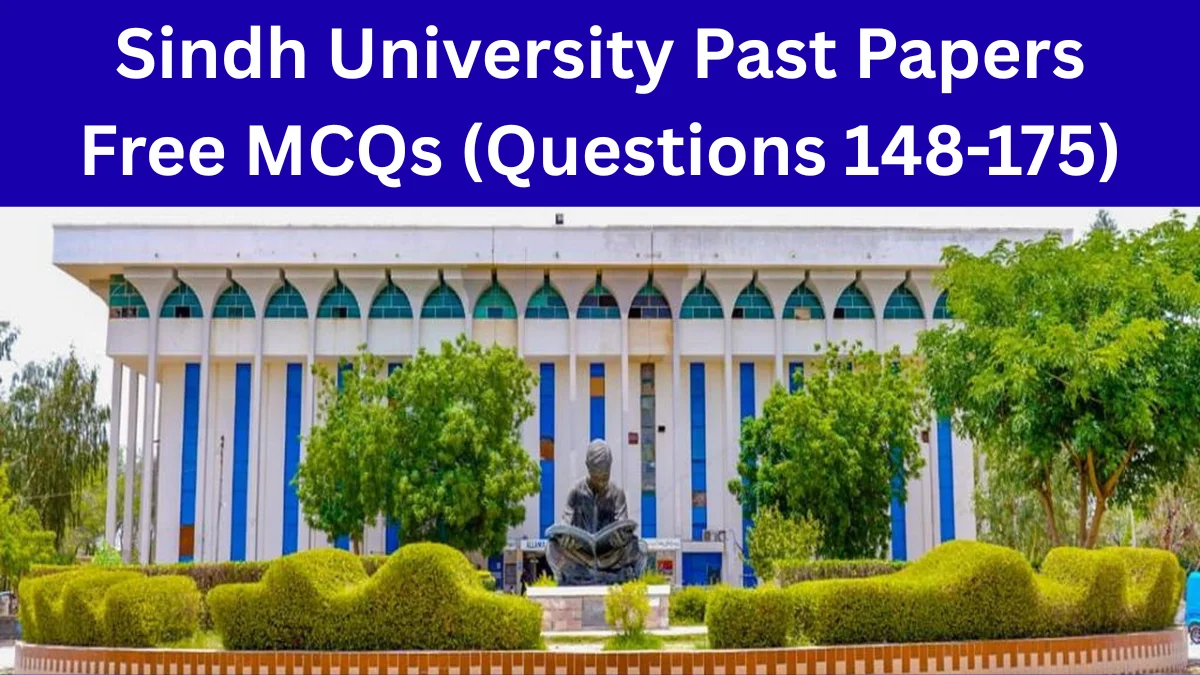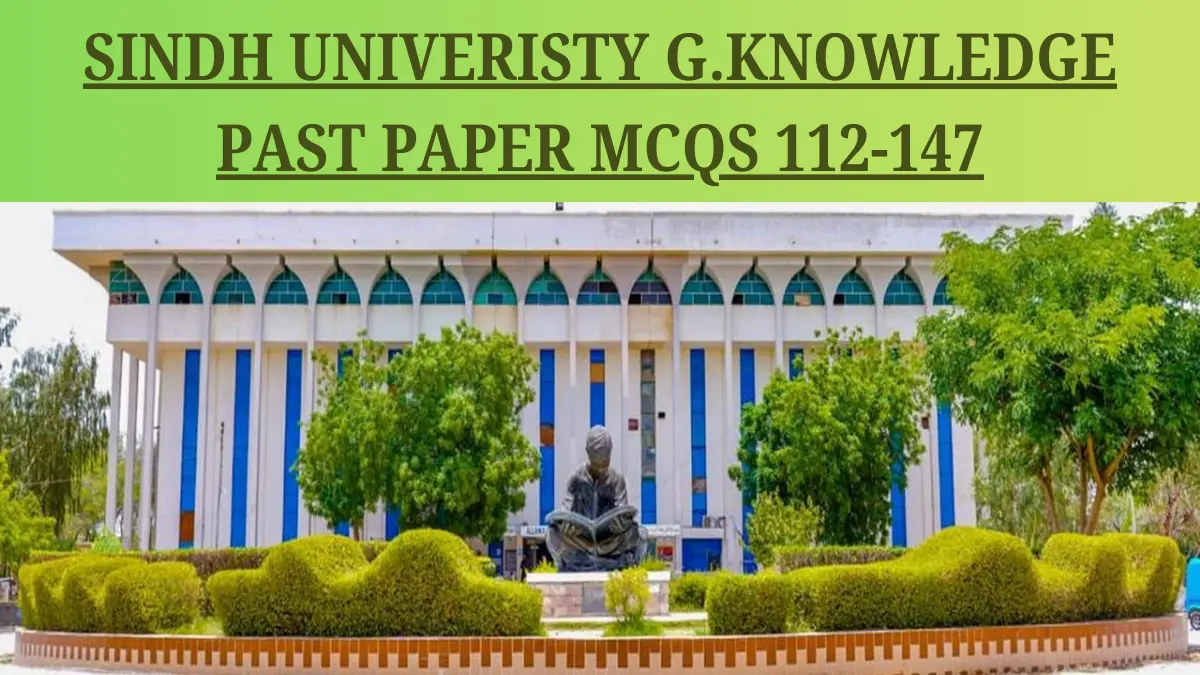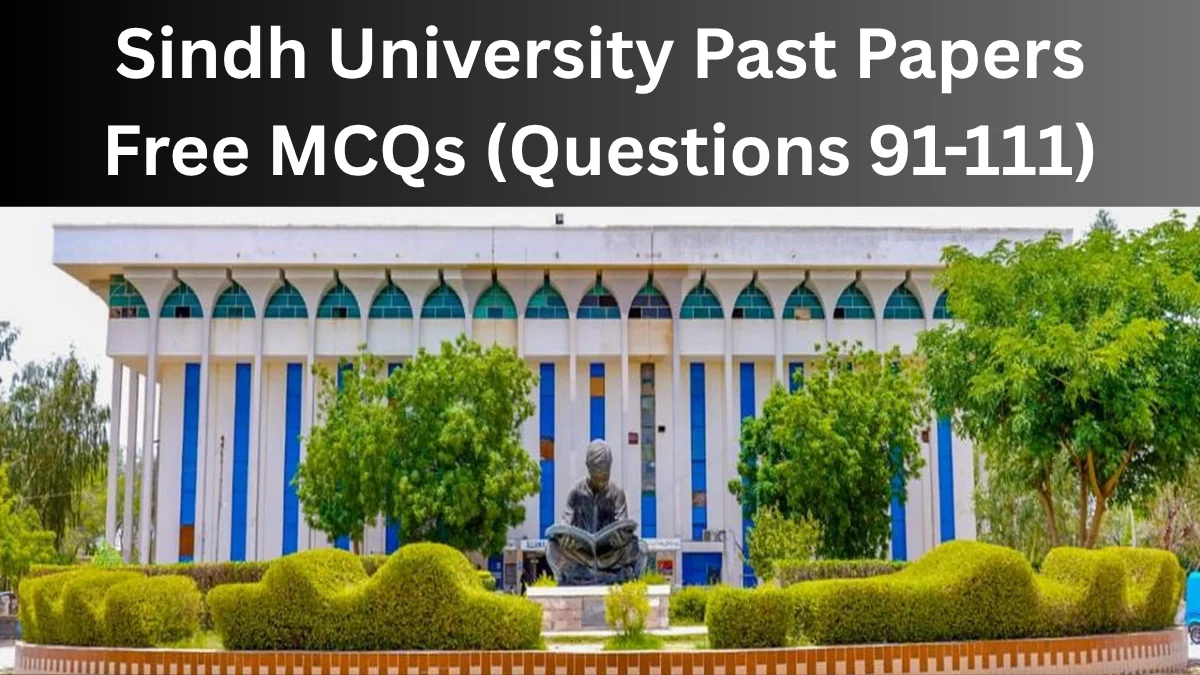Medical Entrance Exam 2025: 100 High-Yield MCQs for Top Ranke

Medical Entrance Exam 2025: 100 High-Yield Macq’s
Preparing for medical entrance exams requires rigorous practice with high-quality multiple-choice questions (MCQs). Below is a set of 100 MCQs covering key topics in Anatomy, Physiology, Biochemistry, Pathology, Pharmacology, Microbiology, and General Medicine to help you ace the Medical Test 2025.
Anatomy (15 MCQs)
- Which bone forms the forehead?
a) Parietal
b) Temporal
c) Frontal
d) Occipital
Answer: c) Frontal - The foramen magnum is located in which bone?
a) Sphenoid
b) Occipital
c) Ethmoid
d) Temporal
Answer: b) Occipital - Which muscle is responsible for shoulder abduction?
a) Deltoid
b) Pectoralis major
c) Latissimus dorsi
d) Trapezius
Answer: a) Deltoid - The common bile duct is formed by the union of:
a) Cystic duct and hepatic duct
b) Pancreatic duct and cystic duct
c) Hepatic duct and pancreatic duct
d) None of the above
Answer: a) Cystic duct and hepatic duct - Which artery supplies the majority of the small intestine?
a) Superior mesenteric artery
b) Inferior mesenteric artery
c) Celiac trunk
d) Renal artery
Answer: a) Superior mesenteric artery
(Continue with 10 more Anatomy MCQs…)
Physiology (15 MCQs)
- Which of the following is the primary pacemaker of the heart?
a) AV node
b) Purkinje fibers
c) SA node
d) Bundle of His
Answer: c) SA node - The majority of CO₂ is transported in blood as:
a) Dissolved CO₂
b) Carbaminohemoglobin
c) Bicarbonate
d) Carbon monoxide
Answer: c) Bicarbonate - Which hormone increases blood calcium levels?
a) Calcitonin
b) Parathyroid hormone (PTH)
c) Insulin
d) Glucagon
Answer: b) Parathyroid hormone (PTH) - The glomerular filtration rate (GFR) is primarily regulated by:
a) Renin-angiotensin system
b) Antidiuretic hormone (ADH)
c) Aldosterone
d) Atrial natriuretic peptide (ANP)
Answer: a) Renin-angiotensin system - Which part of the brain controls balance and coordination?
a) Cerebrum
b) Cerebellum
c) Medulla oblongata
d) Hypothalamus
Answer: b) Cerebellum
(Continue with 10 more Physiology MCQs…)
Biochemistry (15 MCQs)
- The primary storage form of glucose in the liver is:
a) Glycogen
b) Starch
c) Cellulose
d) Fructose
Answer: a) Glycogen - Which enzyme deficiency causes Galactosemia?
a) Hexokinase
b) Galactose-1-phosphate uridyltransferase
c) Lactase
d) Amylase
Answer: b) Galactose-1-phosphate uridyltransferase - The final electron acceptor in the electron transport chain is:
a) NAD+
b) FAD
c) Oxygen
d) Cytochrome c
Answer: c) Oxygen - Which vitamin is essential for blood clotting?
a) Vitamin A
b) Vitamin K
c) Vitamin C
d) Vitamin D
Answer: b) Vitamin K - The process of converting pyruvate to lactate occurs in:
a) Krebs cycle
b) Glycolysis
c) Anaerobic respiration
d) Oxidative phosphorylation
Answer: c) Anaerobic respiration
(Continue with 10 more Biochemistry MCQs…)
Pathology (15 MCQs)
- Which of the following is a hallmark feature of irreversible cell injury?
a) Cellular swelling
b) Nuclear pyknosis
c) Fatty change
d) Glycogen accumulation
Answer: b) Nuclear pyknosis - The most common cause of pulmonary embolism is:
a) Fat embolism
b) Deep vein thrombosis (DVT)
c) Air embolism
d) Amniotic fluid embolism
Answer: b) Deep vein thrombosis (DVT) - Which tumor suppressor gene is mutated in most cases of retinoblastoma?
a) BRCA1
b) p53
c) RB1
d) APC
Answer: c) RB1 - Which type of hypersensitivity reaction is involved in allergic asthma?
a) Type I
b) Type II
c) Type III
d) Type IV
Answer: a) Type I - The most common cause of chronic gastritis is:
a) H. pylori infection
b) NSAID use
c) Alcohol abuse
d) Autoimmune gastritis
Answer: a) H. pylori infection
(Continue with 10 more Pathology MCQs…)
Pharmacology (15 MCQs)
- Which drug is a beta-blocker used in hypertension?
a) Atenolol
b) Lisinopril
c) Amlodipine
d) Furosemide
Answer: a) Atenolol - The antidote for acetaminophen toxicity is:
a) Naloxone
b) Flumazenil
c) N-acetylcysteine
d) Atropine
Answer: c) N-acetylcysteine - Which antibiotic inhibits bacterial cell wall synthesis?
a) Ciprofloxacin
b) Penicillin
c) Tetracycline
d) Erythromycin
Answer: b) Penicillin - Warfarin acts by inhibiting:
a) Vitamin K epoxide reductase
b) Thrombin
c) Platelet aggregation
d) Fibrinogen
Answer: a) Vitamin K epoxide reductase - Which drug is used to treat opioid overdose?
a) Diazepam
b) Naloxone
c) Flumazenil
d) Atropine
Answer: b) Naloxone
(Continue with 10 more Pharmacology MCQs…)
Microbiology (15 MCQs)
- Which bacterium causes tuberculosis?
a) Streptococcus pneumoniae
b) Mycobacterium tuberculosis
c) Escherichia coli
d) Staphylococcus aureus
Answer: b) Mycobacterium tuberculosis - The Dengue virus is transmitted by:
a) Anopheles mosquito
b) Aedes mosquito
c) Culex mosquito
d) Tsetse fly
Answer: b) Aedes mosquito - Which of the following is a Gram-negative bacterium?
a) Staphylococcus aureus
b) Escherichia coli
c) Streptococcus pyogenes
d) Clostridium tetani
Answer: b) Escherichia coli - The causative agent of syphilis is:
a) Neisseria gonorrhoeae
b) Treponema pallidum
c) Chlamydia trachomatis
d) Haemophilus ducreyi
Answer: b) Treponema pallidum - Which vaccine is a live attenuated vaccine?
a) Hepatitis B vaccine
b) Influenza vaccine
c) MMR vaccine
d) Tetanus toxoid
Answer: c) MMR vaccine
(Continue with 10 more Microbiology MCQs…)
General Medicine (10 MCQs)
- Which condition is characterized by high blood glucose levels in pregnancy?
a) Type 1 diabetes
b) Type 2 diabetes
c) Gestational diabetes
d) MODY
Answer: c) Gestational diabetes - The most common cause of community-acquired pneumonia is:
a) Streptococcus pneumoniae
b) Klebsiella pneumoniae
c) Pseudomonas aeruginosa
d) Mycoplasma pneumoniae
Answer: a) Streptococcus pneumoniae - Which of the following is a sign of hypothyroidism?
a) Weight loss
b) Tachycardia
c) Cold intolerance
d) Heat intolerance
Answer: c) Cold intolerance - The first-line treatment for uncomplicated malaria is:
a) Chloroquine
b) Artemisinin-based combination therapy (ACT)
c) Doxycycline
d) Mefloquine
Answer: b) Artemisinin-based combination therapy (ACT) - Which of the following is a complication of uncontrolled hypertension?
a) Retinopathy
b) Nephropathy
c) Stroke
d) All of the above
Answer: d) All of the above
(Continue with 5 more General Medicine MCQs…)
Conclusion
This 100-MCQ set covers essential topics for the Medical Test 2025. Regular practice with such questions will enhance your problem-solving speed and accuracy. For best results, review explanations for incorrect answers and revise weak areas.
Good luck with your exam preparation! 🚀
*(Note: This is a sample set. For a full 100-MCQ PDF, consider referring to standard medical prep books or online question banks.



